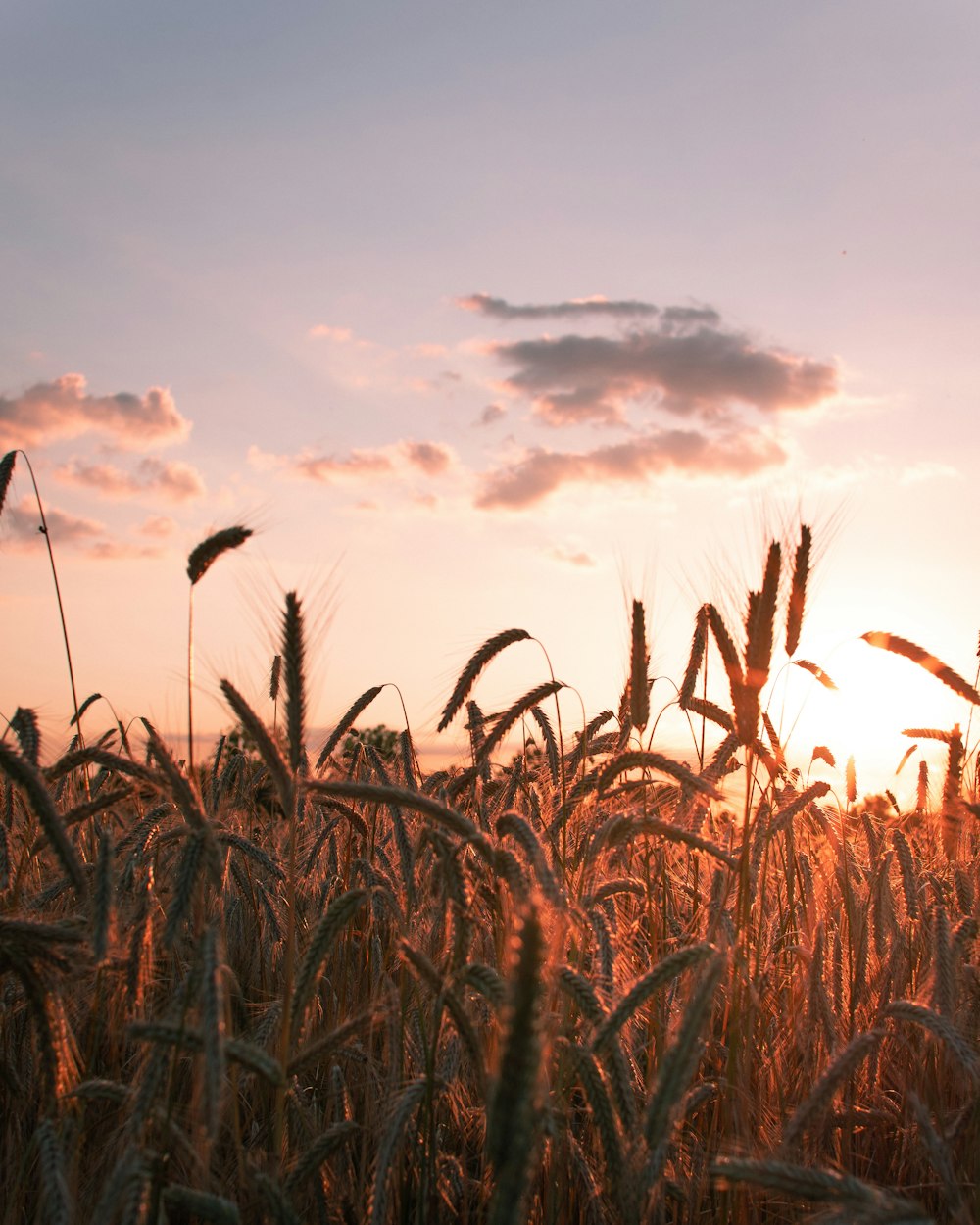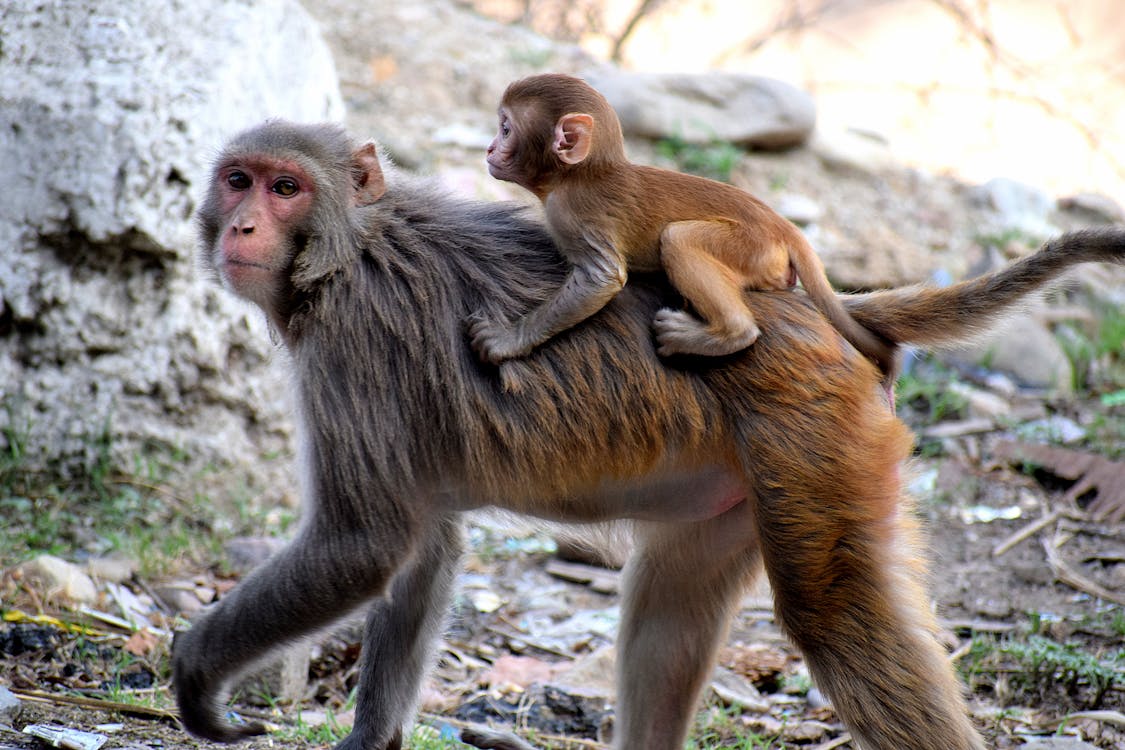We are delighted to share with you our library of resources. You can use the filter feature below to find topics most relevant to your curriculum.
Biblical Teaching on Stewardship
The Creation Story
 The Bible has a lot to say about the natural world, from the famous opening chapters of Genesis to the final words promising a new heaven and a new earth in Revelation. The Bible makes it clear that God created the world, and that His intentions were:
The Bible has a lot to say about the natural world, from the famous opening chapters of Genesis to the final words promising a new heaven and a new earth in Revelation. The Bible makes it clear that God created the world, and that His intentions were:
- to provide for all his creation, people and animals
- for human beings to populate and use the earth fully
- to give human beings the responsibility of looking after it (stewardship).
This is demonstrated in the following passage from Genesis:
“Then God said, “Let us make man in our image, after our likeness. And let them have dominion over the fish of the sea and over the birds of the heavens and over the livestock and over all the earth and over every creeping thing that creeps on the earth.”
So God created man in his own image, in the image of God he created him; male and female he created them.
And God blessed them. And God said to them, “Be fruitful and multiply and fill the earth and subdue it, and have dominion over the fish of the sea and over the birds of the heavens and over every living thing that moves on the earth.” (Genesis 1:26-28)
God creates human beings in his own image; both male and female. There is a unique relationship with God. To these human beings, God delegates responsibility to care for the natural world: the environment and animal kingdom.
The Fall
However, the Bible shows that selfishness - called sin - brings abuse, pollution, and problems. It puts greed and pride before love and obedience. This is shown in Genesis, where man's disobedience to God's instructions immediately resulted in pollution:
"(The ground) will grow thorns and thistles for you, though you will eat of its grains. All your life you will sweat to produce food." (Genesis 3:18-19)
The Prophets Warnings
When the Jews disobeyed or were disloyal to God, his prophets (God's messengers) often pointed out that natural disasters had come or would come. Joel was one; in Joel 1:11 - 12 of the Bible he said:
"Despair, all you farmers! Wail, all you vine growers! Weep, because the wheat and barley - yes, all the field crops - are ruined. The grapevines and the fig trees have all withered. The pomegranate trees, palm trees, and apple trees - yes, all the fruit trees - have dried up. All joy has dried up with them."
This should not be taken to mean that God uses disasters to punish people, but that when people act selfishly or irresponsibly, there are often negative consequences for our world.
Biblical Instruction for Caring for the Earth

"Plant and harvest your crops for six years, but let the land rest and lie fallow during the seventh year. Then let the poor among you harvest any volunteer crop that may come up. Leave the rest for the animals to eat. The same applies to your vineyards and olive groves." (Exodus 23:10-11)
In times of warfare, instructions were given about conserving fruit trees:
"When you are besieging a town and the war drags on, do not destroy the trees. Eat the fruit, but do not cut down the trees. They are not enemies that need to be attacked!" (Deuteronomy 20: 19)
Caring for Animals
 The Bible especially emphasizes the importance of caring for animals. Proverbs 12:10 says that 'the Godly are concerned for the welfare of their animals': a clear indication that honouring God extends to how people treat animals as well as people.
The Bible especially emphasizes the importance of caring for animals. Proverbs 12:10 says that 'the Godly are concerned for the welfare of their animals': a clear indication that honouring God extends to how people treat animals as well as people.
One of the laws in the Book of Deuteronomy is, 'Do not keep an ox from eating as it treads out the grain.' (Deuteronomy 25:4).
Although God allows for animals to be used for food, clothing, and work (shown in Genesis 3:21 and Acts 10:9-15), He still demands that they are treated humanely in the process.
Many Christians eat meat, but they are careful to ensure they act responsibly towards animals, for example, by buying free-range eggs or avoiding any cosmetics tested on animals.
It is interesting that scientific research into the environment supports this, suggesting that increasing numbers of natural disasters are occurring as a result of the impact of our own pollution.
God delegates to people the responsibility to care for the natural world, but the Bible shows that selfishness brings, abuse, pollution and problems.Do you agree? Can you think of instances where people's selfishness has harmed the environment?

